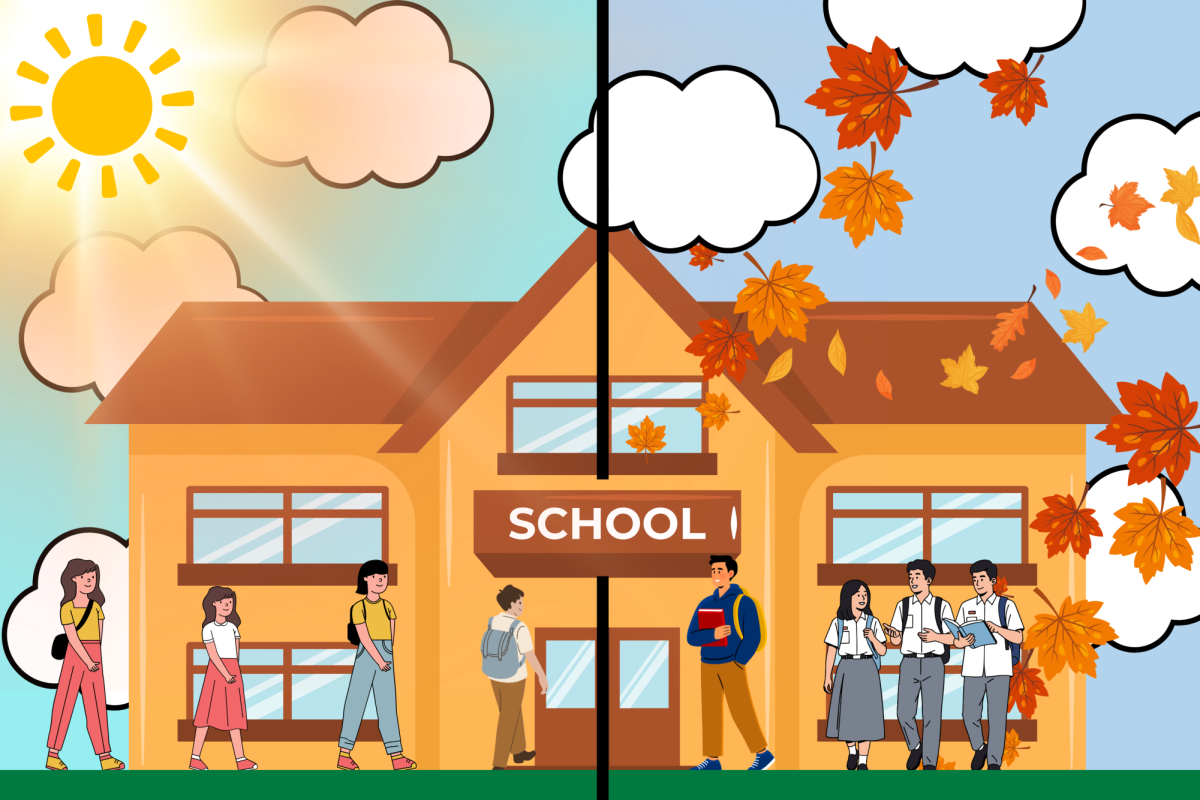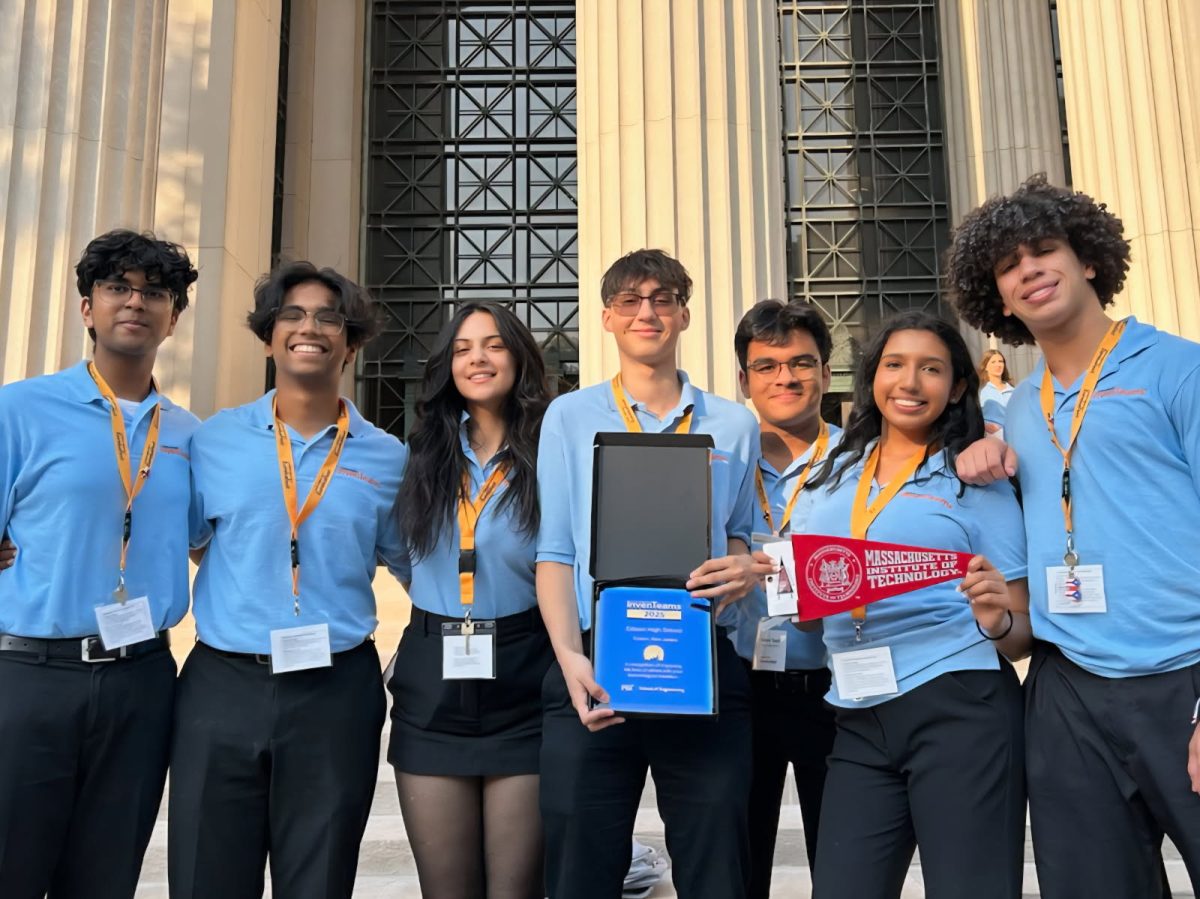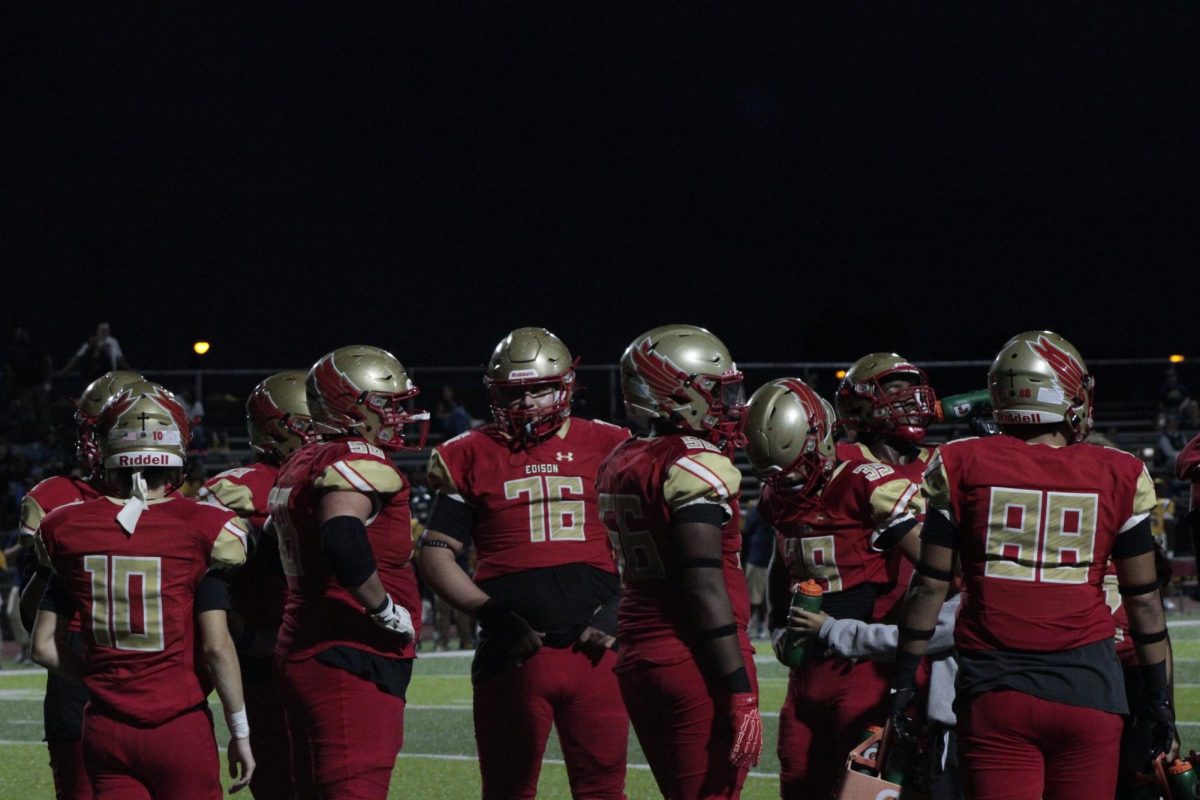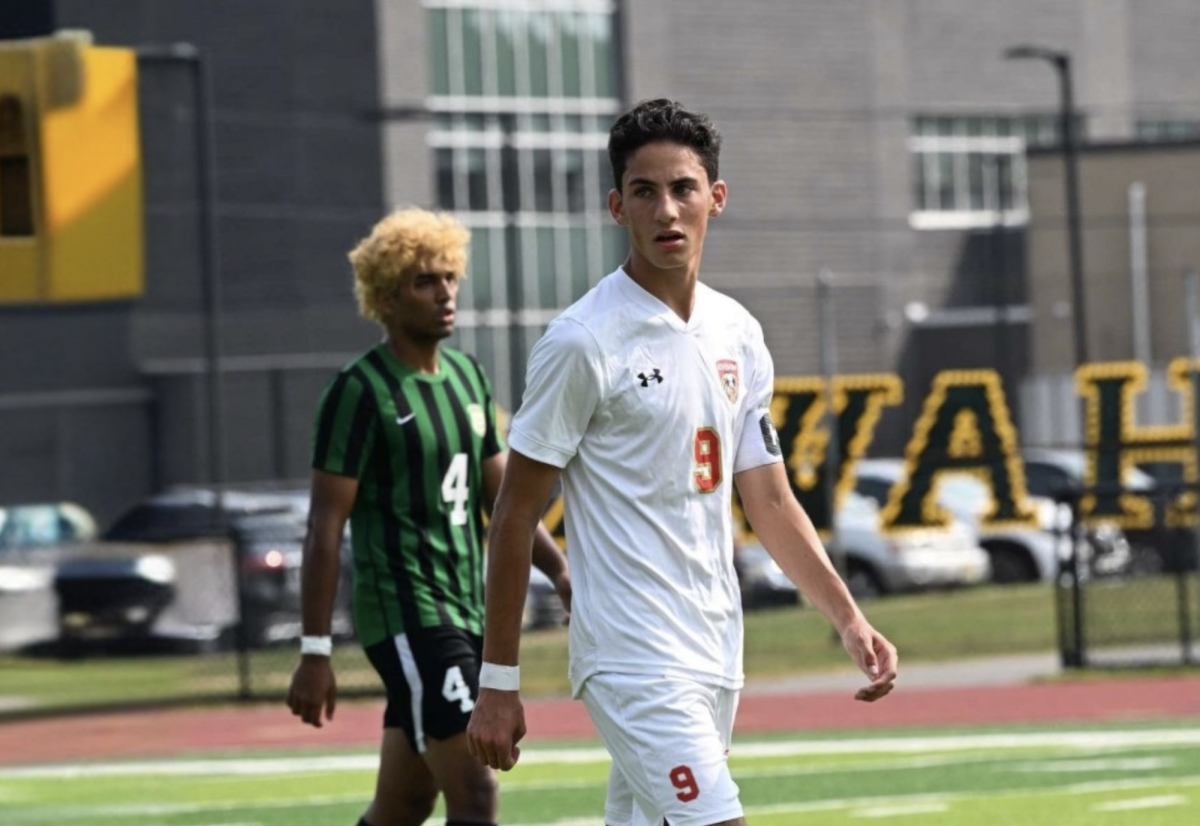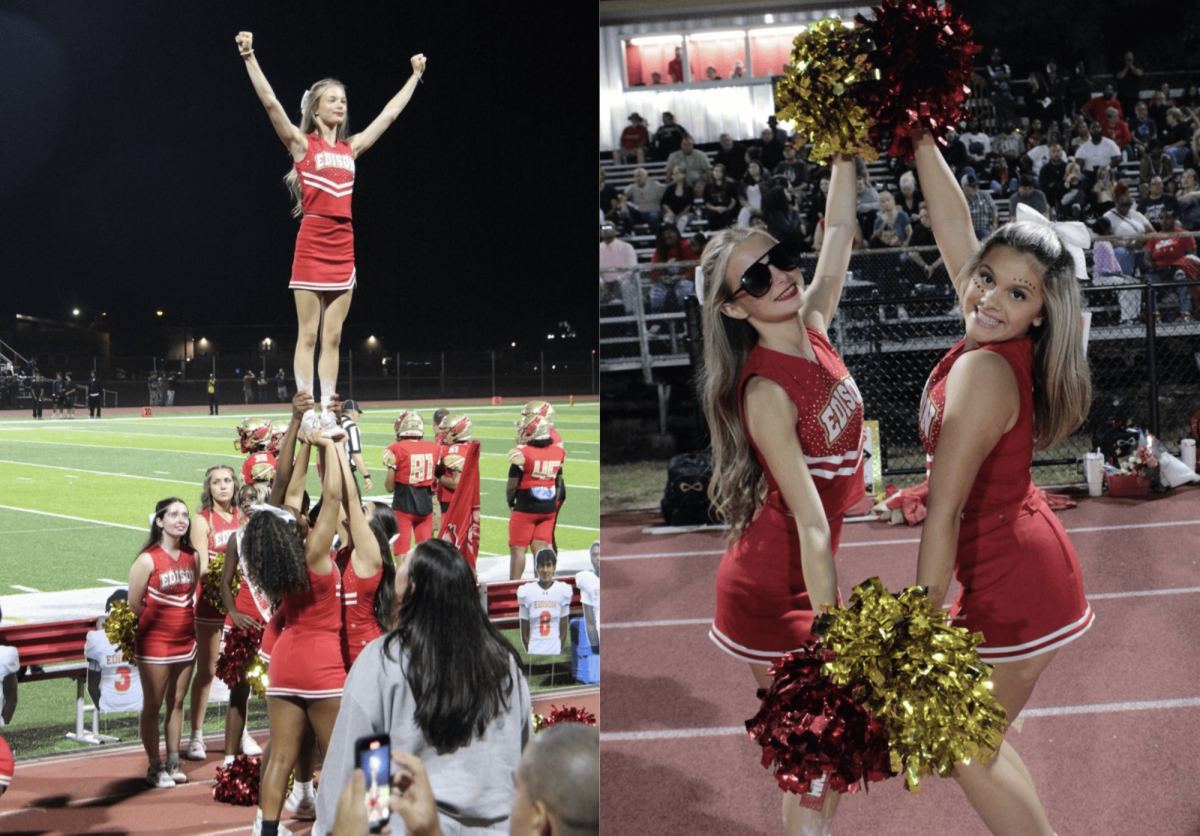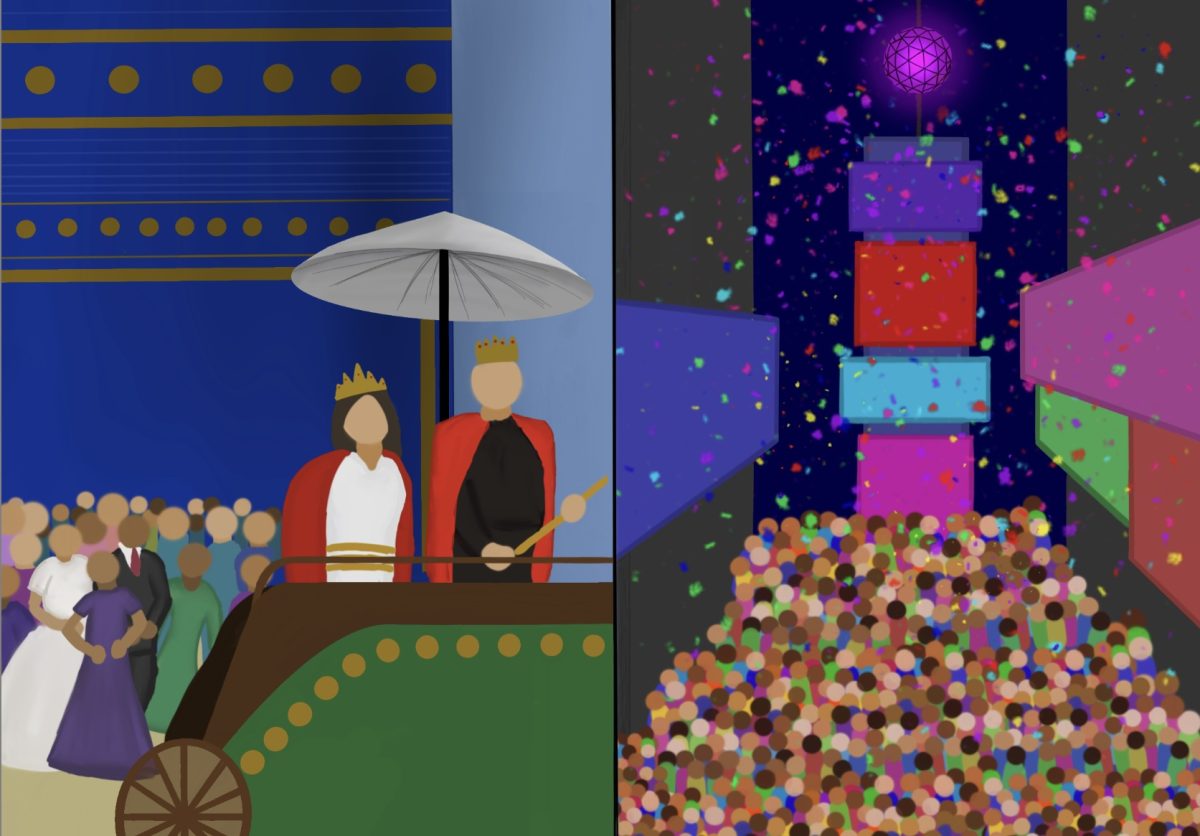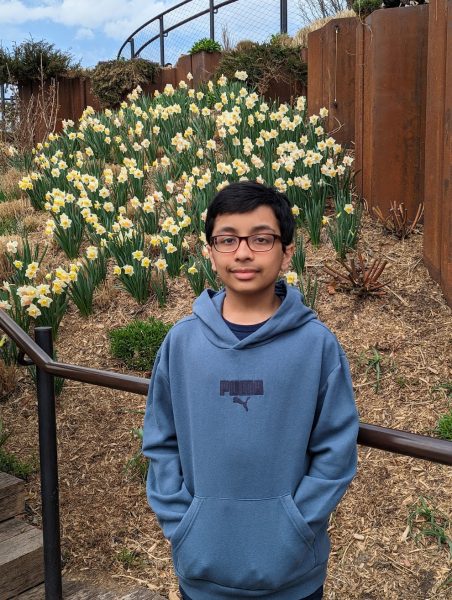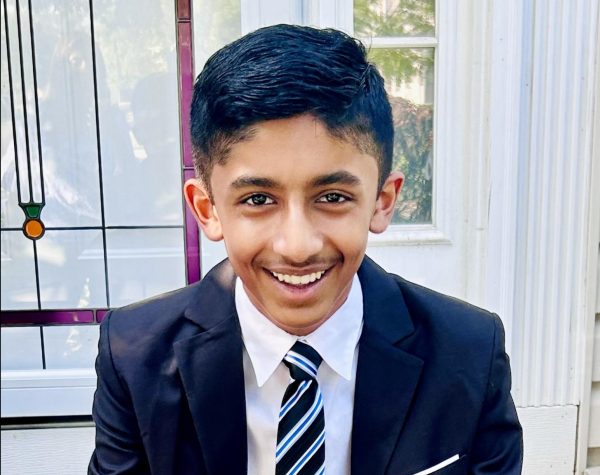This January 1, EHS students spent time with family and friends, watched events on TV, and traveled to commemorate the start to 2024. However, this holiday has been celebrated on many different dates and in many different ways throughout the years. From Egyptians celebrating annual floods to New Yorkers watching the Times Square ball drop, celebrations of the New Year have evolved greatly over time.
The start of a new year has been celebrated by a variety of different cultures over thousands of years. Tracing back to over 4,000 years ago, Babylonians celebrated the new year on the first full moon following the vernal equinox in late March. In addition, Egypt celebrated the start of a new year with the annual flooding of the Nile River. Many East Asian countries such as China, South Korea, Vietnam, and more celebrated their Lunar New Year on the second new moon after the winter solstice.
This may pose the question, why do most EHS students, and many people around the world, celebrate New Year’s on the same day? The Roman calendar fell out of sync, which caused dictator Julius Caesar to consult astronomers and mathematicians to fix the issue. As a result, a new calendar which evolved into the Gregorian calendar we use today, was created—with the New Year being on January 1, as the month represented the Roman god of beginnings, Janus. This event birthed the New Year’s Eve and New Year’s Day traditions many of us celebrate annually.
Today, forays into the new year are a holiday celebrated by nearly all cultures, and there are many different ways people celebrate. For example, many Latin cultures celebrate by eating twelve pieces of food, such as grapes, raisins, or lentils. In addition, celebrations like the annual Times Square ball drop are watched by millions of people internationally. Although there are many New Year’s traditions celebrated throughout the world, many EHS students take on their own traditions or use ones seen in other cultures. Let’s take a look at what EHS students do to celebrate the coming of the New Year.
One custom many EHS students celebrate is the widespread tradition of eating twelve of a food such as grapes, raisins, or lentils to ring in the new year.
“My friends and I usually do whatever funny New Year’s trend we hear about that year. Like this year, eating twelve grapes under the table for good luck,” said Dhani Girdhar ‘24. “We also call everyone when it’s almost midnight”.
The dozen grape tradition is a common New Year’s practice among EHS students. This trend has been brought from Spain where eating twelve grapes for each toll of the clock on the night of New Year’s Eve will bring good luck for the coming year. Each grape and clock toll is meant to represent the coming twelve months. Additionally, it has become a tradition to call or text friends and family with well wishes at the strike of midnight.
Another common tradition many students at EHS do is to watch the ball drop, whether in-person or on TV. At 11:59 p.m. on New Year’s Eve, the Ball begins its descent in Times Square with millions of voices uniting to countdown the final seconds of the year.
“I usually spend time with my family and friends and watch the New Year’s ball drop in Times Square,” said Tanush Lingala ‘27.
The ball drop event symbolizes the end of one year and the beginning of another and is seen as a time for reflection, celebration, and resolution for the coming year. The once-in-a-year ball drop is celebrated by millions worldwide regardless of background, whether it is watched from home or in person.
In addition, staying up until midnight is a common tradition for most students. Many enjoy feasts with family, marking the start of a new chapter in their lives. These feasts represent everything from hospitality and honor to promoting a long-lasting life.
“I usually spend time with my family and friends at a party to celebrate New Year’s. We play games, eat an assortment of foods, and cheers to the New Year at 12 a.m.,” said Xavier Chung ‘27.
Many EHS students believe that a good year begins with a positive start. This is often observed in the aspects of life students value most, whether it be playing video games or sleeping.
“I usually go out with my family to a party with a bunch of our friends. All of my friends have a sleepover at one house and we spend New Year’s Eve night and New Year’s Day there,” said Abhiram Vemula ‘26.
With changes in calendars, traditions, and celebrations, the observance of a New Year has evolved greatly over time. From watching the Times Square Ball drop, hosting parties, and honoring the traditions of different cultures, EHS students celebrate the annual occasion in many different ways. However, the central theme of the holiday—to celebrate the present and look forward to the future—endures.



















